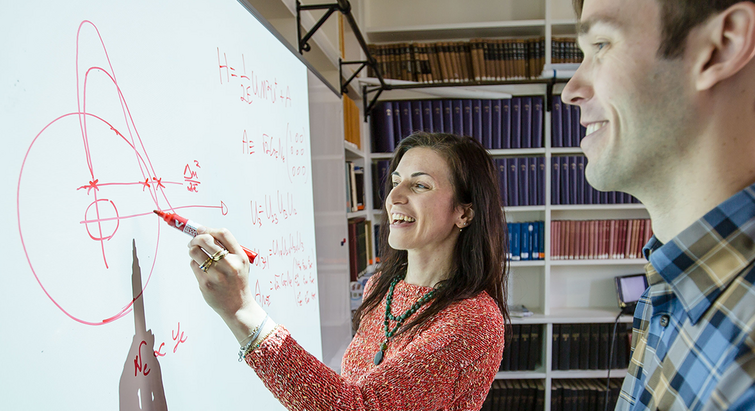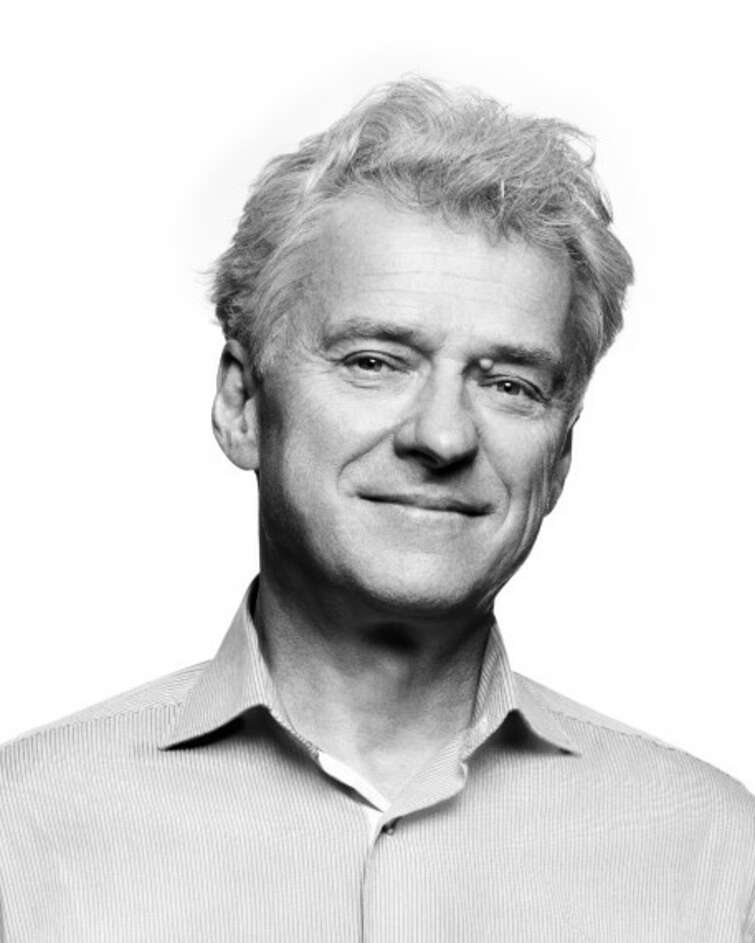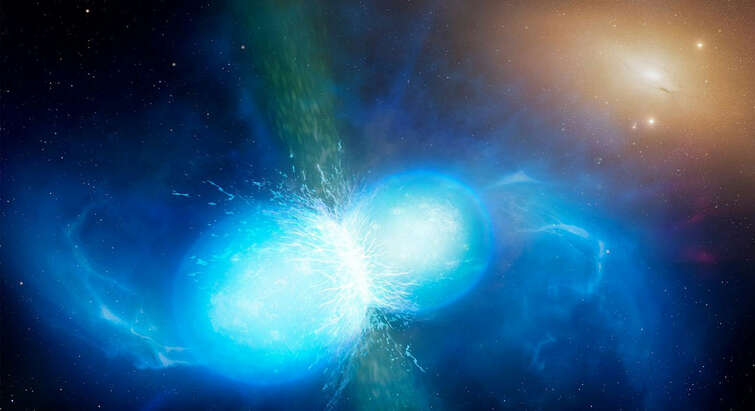
News about Particle physics
Viser 73 til 96 af 215 dokumenter.


Rasmus Faldt Ørsøe

Sofus Kjærsgaard Stray

Sara Elisabeth Dahl Pinholt

Jean-Loup Tastet

New physics at stake? Deviation from the standard model of physics confirmed

Jon Raunkjær Søndergaard

Jacob Bundgaard Nielsen

IceCube confirms a 60-year-old prediction from Niels Bohr Institute

Irene Tamborra receives grant to investigate the unknowns of neutron star mergers

Emmanouil Terzidis

Daniel S. Nielsen

Kassiani Tsemperlidi

Bjørn Hübschmann Mølvig

Emil Gorm Nielsen

Sissel Bay Nielsen

Deep Learning online Workshop at the Niels Bohr Institute: Great Learning

Lau Dam Mortensen

Jan de Boer

Three young scientists from the Niels Bohr Institute receive Villum Young Investigator grants

Vojtech PACÍK

Eugene S. Polzik Named Recipient of the 2020 Herbert Walther Award

The final piece in the puzzle of the origin of the elements

